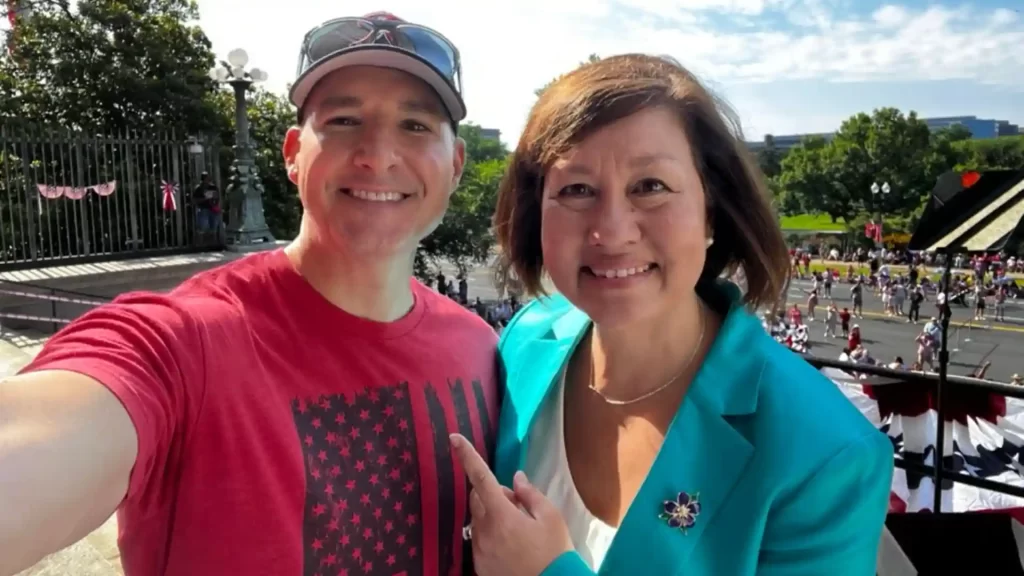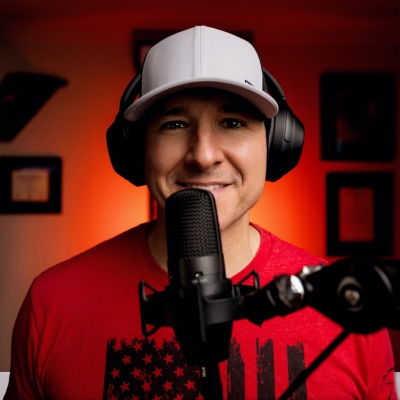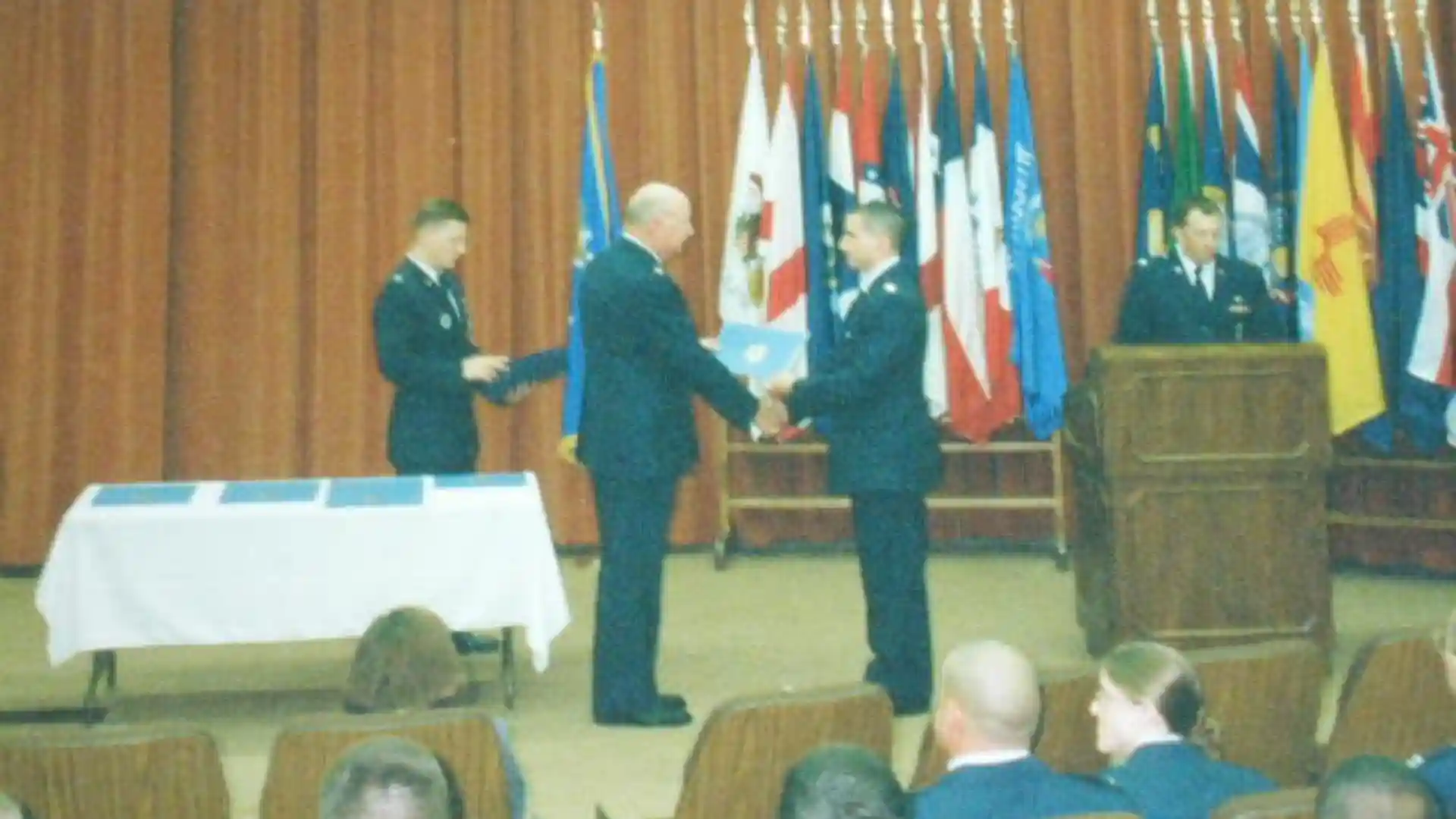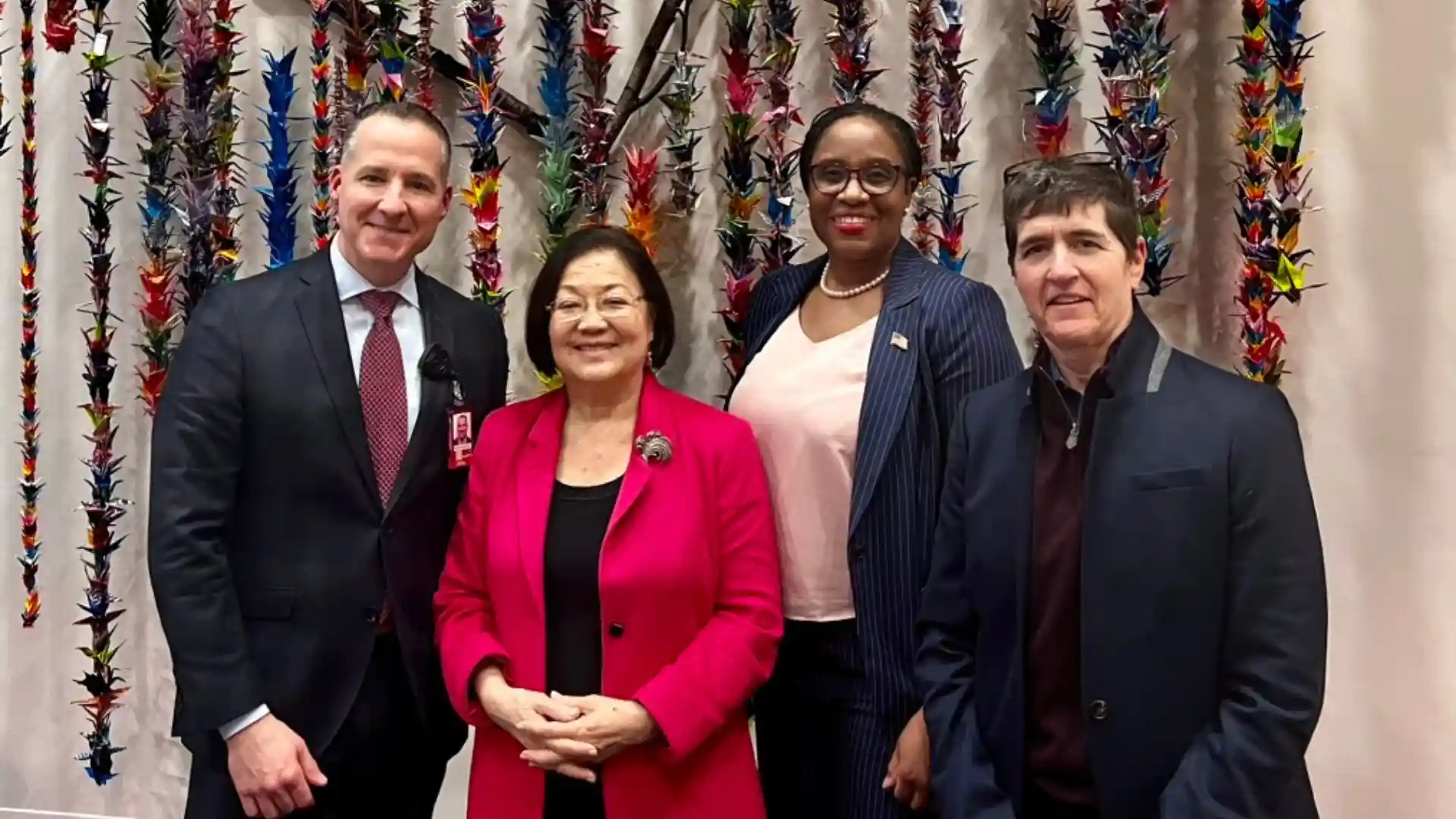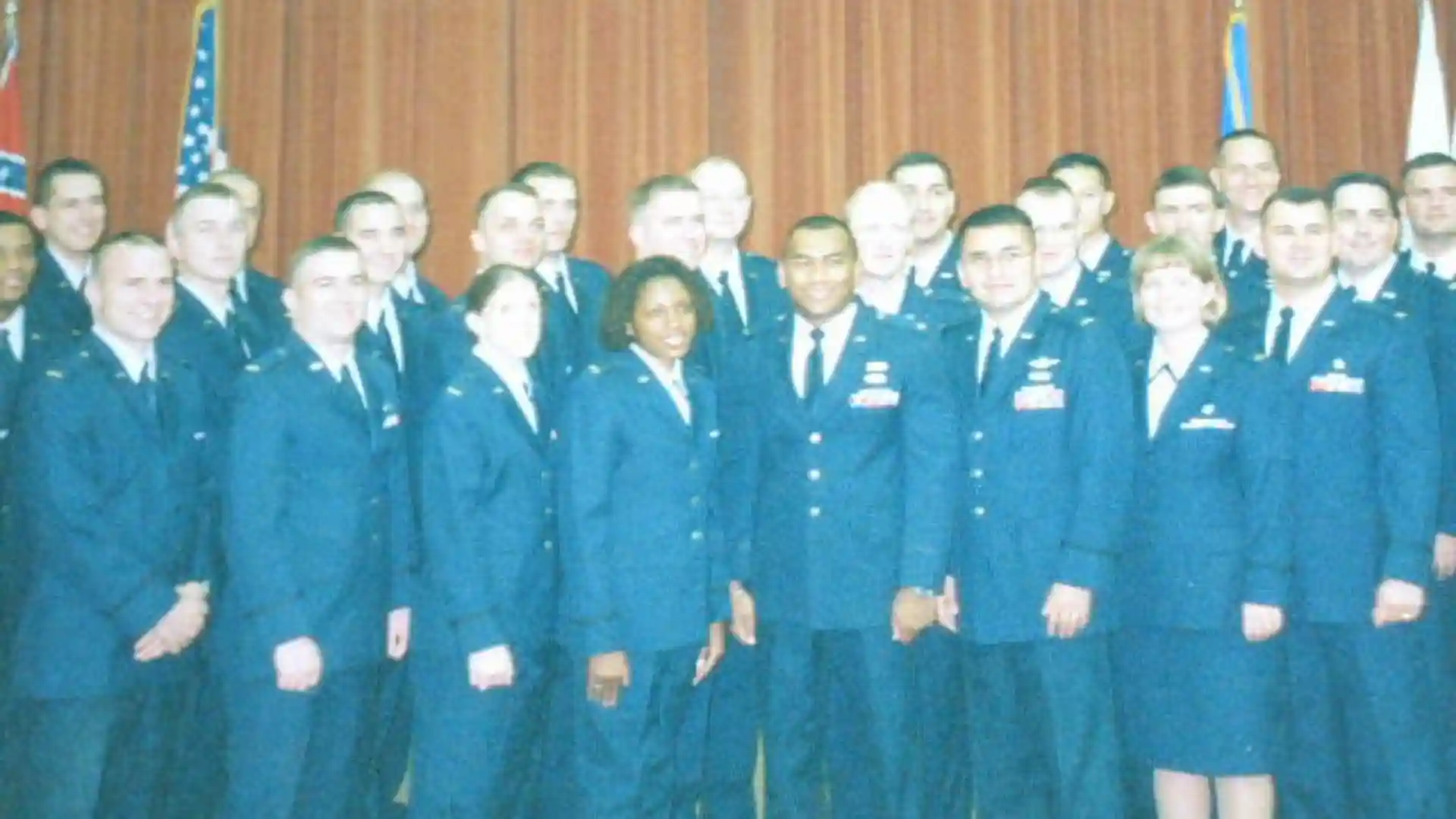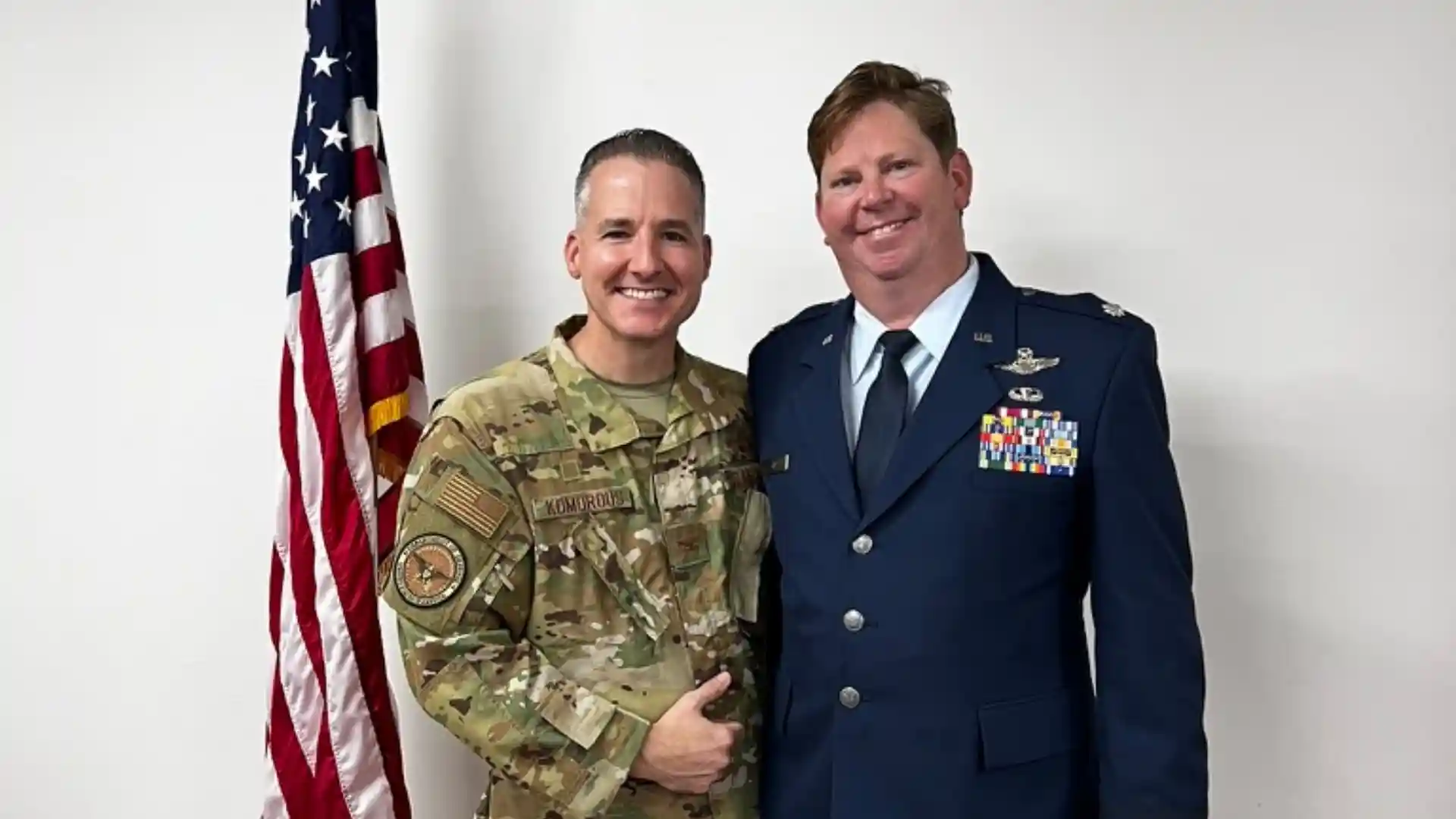The shift from military life to civilian life isn’t just a career change; it’s a whole identity shift. I know because I’ve been there. Leaving the structure, discipline, and team-centered life behind felt like stepping into a fog. And that’s where mentorship really makes a difference. It gives veterans a compass when everything feels uncertain.
At its heart, mentorship is about connection. It’s someone saying, “I’ve walked this road, let me walk with you.” For veterans, that can be life-changing. A mentor helps you see how your skills still matter, how your story still has value. And thanks to podcasts, that kind of mentorship is now just a click away.
Veteran-focused podcasts have become powerful tools for support. They’re not just conversations; they’re lifelines. Listening to others share their struggles and wins helps you feel seen, especially during the tough parts of transition. In this article, I’ll walk you through how mentorship supports veterans, how podcasts make that support more accessible, and which shows are truly making a difference.
Table of Contents
ToggleReal Stories of Mentorship from Veteran Podcasts
From Combat to Career: Mentorship That Matters
Many veterans leave the service with leadership experience, discipline, and problem-solving skills, but translating those into the civilian world can be overwhelming. I remember freezing up during my first civilian interview. A mentor helped me reframe my resume and even practiced mock interviews with me. That support gave me my first real break.
Podcasts like Voice for Valor and Mentors for Military showcase these types of stories. One guest, a Marine Corps vet, opened up about feeling completely lost after discharge. Thanks to his mentor from a veteran job network, he found a role in logistics that matched his military experience.
Stories like these are more than just interviews; they’re proof that you’re not alone, and that others have found success through mentorship.
Lessons Learned from Veteran Mentors
Mentorship isn’t just about getting a job; it’s about building a life. Many vets wonder, “Who am I without the uniform?” That question hit me hard, too. I didn’t just need a job; I needed purpose.
In one podcast, a Navy SEAL turned therapist shared how his mentor helped him embrace vulnerability—something the military didn’t exactly encourage. That hit home for me. I used to think emotional strength meant silence. But hearing that story helped me start talking about what I’d been carrying.
These conversations make podcasts a powerful space for healing. They let veterans listen, reflect, and slowly start to open up on their own terms.
Why Mentorship is Crucial in the Civilian Transition
Navigating Employment with a Mentor’s Support
The pressure to have everything figured out after separation can feel crushing. Bills, family, expectations—it’s a lot. A mentor can cut through that fog and offer clear, practical advice.
In one Military Mentor Podcast episode, a former Army officer talked about informational interviews, something I had never even heard of back then. When I finally tried it, it opened doors I didn’t expect. That’s the power of shared advice—one conversation can change everything.
When veterans hear this kind of wisdom on a podcast, it doesn’t just inform; it empowers.
Building Confidence Through Guided Advice
Confidence takes a hit after leaving the military. In the corporate world, I often felt like an outsider. I doubted my place, even with a solid resume.
Hearing another vet on Mentors for Military talk about how his mentor encouraged him to speak up reminded me of how much validation matters. My own mentor once told me, “You’ve led troops. You can lead projects.” That one sentence changed how I saw myself.
Podcasts give that kind of encouragement to thousands. It’s like getting a pep talk from someone who truly understands where you’ve been.
Podcasts That Champion Veteran Mentorship
Top Episodes Featuring Mentor-Veteran Talks
Not all podcasts go deep. The most impactful ones blend real-life stories with actionable advice.
Voice for Valor is a standout. One episode featuring Michael Komorous and Justin Henderson from Veteran Hiring Solutions broke down their mentorship strategies for job-seeking vets. It wasn’t just helpful; it was hopeful.
Others like The Military Wallet Podcast offer mentorship through money management, while Mentors for Military tackles leadership and healing.
These shows act like digital mentors. Even if you don’t have someone to guide you one-on-one, you can still grow through every episode.
Podcast Hosts Making a Difference for Veterans
Behind every great podcast is a host who’s walked the walk. Many are veterans themselves, and it shows. They know the right questions to ask because they’ve lived the answers.
Some hosts even invite listeners to reach out directly or join online communities. That’s how I found one of my own mentors—through a DM after an episode that really hit home.
Many go even further, creating workshops and programs inspired by their shows. That kind of commitment turns passive listening into active support.
Expanding Access to Mentorship Through Podcasts
Breaking Barriers of Geography and Time
Podcasts are available 24/7. You don’t need to live near a base or register for a seminar. You can be on a run, in traffic, or wide awake at 2 a.m. and still get the mentorship you need.
This kind of access changes the game. It meets veterans where they are, when they’re ready.
Creating a Safe Space for Honest Conversations
Sometimes it’s easier to listen than to talk. Podcasts give you that space. They let you absorb stories without having to immediately respond.
For me, hearing someone talk about their PTSD journey helped me name things I hadn’t put into words. That safe distance gave me the courage to start healing.
Podcasts can be a first step. From there, many vets go on to seek more personal help—but it often starts with just listening.
The Role of Civilian Mentors in Veteran Podcasts
Mentors don’t have to be vets. Some of the most impactful voices in veteran podcasts come from the civilian world.
Episodes featuring business leaders, recruiters, and nonprofit founders offer fresh perspectives. One guest on Borne the Battle shared how he mentored a vet struggling in a tech startup. His honest feedback helped that veteran become a standout employee.
These stories help bridge the military-civilian gap and show that mentorship isn’t about background. It’s about care, consistency, and a willingness to help.
Conclusion
Mentorship isn’t just support—it’s survival. For many veterans, it’s the thing that turns confusion into clarity, fear into confidence.
Thanks to podcasts, that guidance is now available anytime, anywhere. These aren’t just stories; they’re roadmaps. They’re voices that remind you: You’re not alone, and your next step is possible.
If you’re a veteran searching for direction, tune in. Let someone else’s experience light your path. And if you’ve been through the fire and found your way out, consider becoming a mentor. Your story might just save someone else’s.

